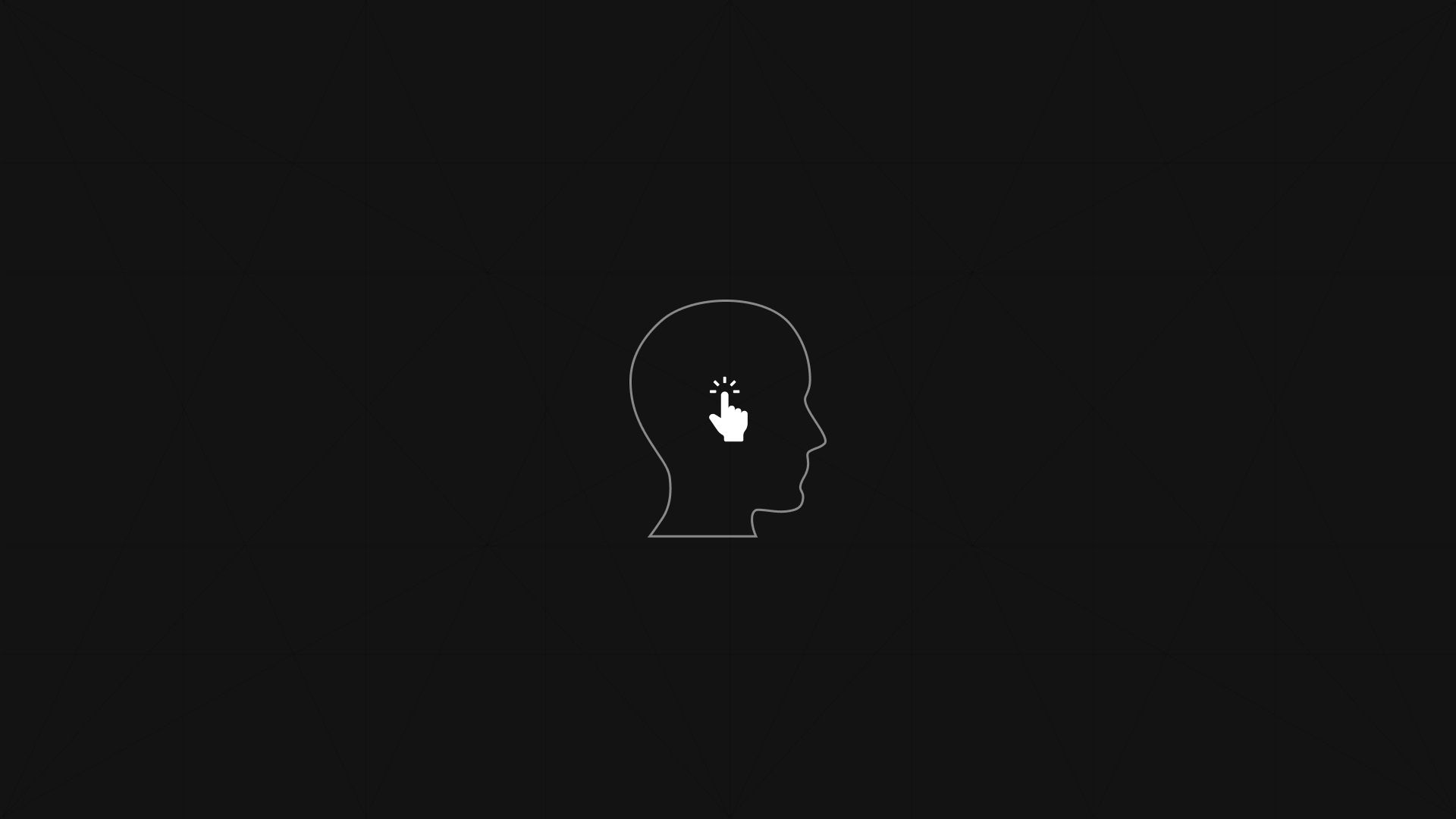Provoke Contemplation
If you want to talk to somebody, talk in such a way that your statement provokes contemplation instead of an argument.

— Gurumayi Chidvilasananda
Open Up a Deeper Dimension (part 2)
I was uneasy that last week's newsletter on opening up a deeper dimension was incomplete. However, everything I started to add to it wouldn't move forward.
I hadn't encountered this situation before, so I didn't want to force it. It's been my practice to allow the newsletter to write itself.
Only after I sent the newsletter did I realize what was missing. It's my intention and important to always share a personal experience with everything I write about in this forum.
Only after sending the newsletter did I realize what I had overlooked:
If you want to talk to somebody, talk in such a way that your statement provokes contemplation instead of an argument, a challenge, or a useless debate. Let this very conversation take you to the Truth.
This quote from Gurumayi Chidvilasananda is the unseen power behind questions that prompt people to pause before answering.
Properly framed questions provoke contemplation creating a space between the words that result in surprising and unexpected new answers from beyond the mind.
It's also helpful to create a space of non-judgment to allow those answers to appear. That can start with a simple intention to create this space.
I also believe that if you engage in conversations of this nature, this one small step will deepen or even start your inner journey and lead you to what's next.
This has been my experience from day one. Make a commitment to engage in conversations in a way that provokes contemplation.
Bringing contemplation to everyday conversations
More and more, I've sought to bring contemplation to my everyday conversations and especially in social media interactions.
There is no lack of issues and conversations in the world today that draw people into defending their own positions as the only truth.
In my interview with Dianne Collins and her book, Do You Quantum Think, Dianne stresses the importance of distinguishing between context and content.
She says that most of the time, we’re in content-oriented conversations, discussing my way vs. yours. But when we step back and look at things from a bigger perspective, this allows us to think from possibility.
In The Future of the Workplace, Dianne shared this simple example:
Let’s say your team is trying to decide on a business model to implement. You can see two options in front of you. Yet, neither of those business models will lead to the accomplishment of the desired goal. You can pose a new question and something new will open up.
Here are several recent examples where I have endeavored to provoke contemplation instead of an argument in social media. I invite you to join the conversation.
- Is servant leadership a viable form of leadership?
- Is there a way to settle the never-ending your agile isn't really agile debates?
- Is servant leadership sustainable?
I welcome your ideas and participation!
I wish you all the happiest holidays and a healthy and prosperous New Year!
— Bill
P. S. The Space Beyond Boundaries cards and Miro board offer an excellent vehicle for provoking new and boundary-breaking solutions with your team, organization, or clients. Get the Miro board for free when you sign up for Sponsor Membership or order the Miro board or cards separately from our Products page.
— Dianne Collins, Do You Quantum Think?